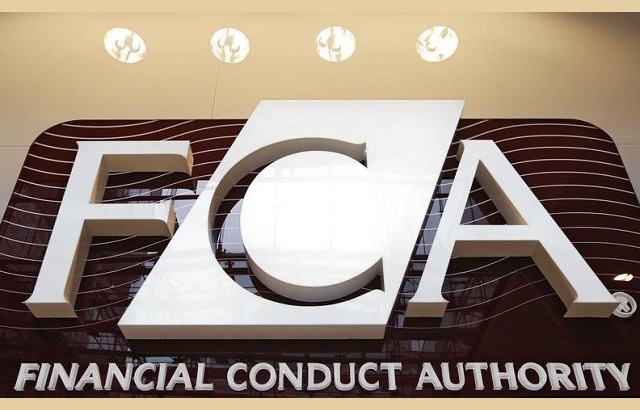The Financial Conduct Authority (FCA) has come out in support of solo-regulated firms that might be struggling with capital and liquidity during the coronavirus outbreak.
A solo-regulated firm is a company that is monitored and licensed by only one regulator, such as the FCA.
The financial watchdog has encouraged businesses to use any buffers that have already been set, if needed, and to start preparing for any possibility, including exiting the market if they cannot overcome their financial struggles.
“Firms should be planning ahead and ensuring the sound management of their financial resources,” the FCA said.
“If the firm needs to exit the market, planning should consider how this can be done in an orderly way, while taking steps to reduce the harm to consumers and the markets.”
Don’t leave anything out
The UK government said last week that it would make £330bn ($390.3bn, €360.1bn) in loans available to any business that needs financial rescuing.
The regulator continued: “Government schemes to help firms through this period can be part of a firm’s plans for how they will meet debts as they fall due.
“If a firm is concerned it will not be able to meet its capital requirements, or its debts as they fall due, they should contact their FCA supervisor with its plan for the immediate period ahead.
“Firms that are prudentially regulated by the Prudential Regulation Authority (PRA) should consider the PRA’s requirements and discuss their concerns with them.
“Those firms should also keep the FCA notified of any significant developments,” it added.
Pushing back deadlines
The watchdog has also deferred the publication of its policy paper of defined benefit (DB) pension transfer advice to the “second or third quarter of 2020”, due to the unprecedented situation as a result of the coronavirus pandemic.
It was supposed to come out in Q1 2020.
Steven Cameron, pensions director at Aegon, said: “We welcome the FCA’s decision to defer its policy statement on the proposed ban on contingent charging and other future interventions on advice on defined benefit transfers.
“In these unprecedented times, people need advice more than ever and a contingent charge ban, leaving individuals no choice but to pay upfront for advice, would have made it more difficult for some individuals to access advice on DB transfers.
“The FCA had proposed a carve out from the ban for those in significant financial hardship, but in the current climate it would have been even harder to objectively assess whether an individual met that definition.
“As with everything, the coronavirus crisis affects the considerations around transferring from DB to DC. Any decision to give up a guaranteed income for life to access the pension freedoms, with ongoing stock market risks and opportunities, is very personal to the individual.
“This, coupled with scheme by scheme funding impacts and possible changes to transfer value calculation bases mean the value of advice has never been higher,” Cameron added.








